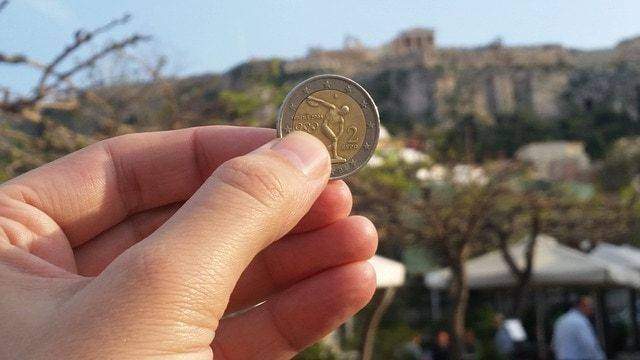Besides being a mandatory requirement, you buy online two wheeler insurance policy thinking that the policy would pay for the financial cost incurred when your bike is damaged. This is true if you buy a comprehensive online two wheeler insurance policy for your bike as the policy pays for the damages suffered by the bike. However, when a claim is made, does the company pay for the full cost of the repairs done on your bike?
The answer is no. The company does not pay the full amount of repairs because depreciation is deducted from the parts repaired. Do you know what depreciation is and how it affects your two-wheeler claim?

What Is Depreciation?
Depreciation is the reduction in the value of assets with time due to regular wear and tear and usage. In case of two-wheeler, the value of the bike as well as of its parts is reduced to factor in depreciation based on usage of the bike and its age.
How Depreciation Affects Two Wheeler Insurance?
Here are 10 important things which will help you understand how depreciation affects two wheeler insurance:
1. The value of the bike is reduced
In case of comprehensive policies, the Insured Declared Value (IDV) represents the value of the bike. The IDV is calculated as the approximate market price of the bike. It includes depreciation. In fact, even in new bike insurance, the IDV reduces by 5% as soon as the bike is more than 6 months old. With increasing age of the bike, the rate of depreciation increases which reduces the IDV.
2. Depreciation reduces the premium of the policy
When you do two-wheeler insurance renewal online, you get a reduced IDV because of the age-based depreciation of the bike. This reduced IDV reduces the cost of your bike insurance policy.
3. The value of parts is reduced
Besides the bike as a whole, the different parts of the bike also undergo depreciation and their value is reduced. Whether you have a new bike insurance policy or you choose two-wheeler insurance renewal online, the value of the parts would be depreciated based on the age of the bike when a claim is made.
4. The claim amount is reduced because of depreciation of parts
Since the value of parts of the bike reduces due to depreciation, at the time of claim, the insurance company pays a lower amount than the actual costs incurred in repairing the bike. This lower amount is the amount of the parts after calculating depreciation.
5. Depreciation of rubber, nylon or plastic parts
The parts of the bike which are made of rubber, plastic or nylon are depreciated by 50%. So, if the repair costs on these parts are INR 2000, the insurance company would pay only INR 1000 as claim after taking into consideration the applicable depreciation.
6. Depreciation on fiberglass parts
Fiberglass parts are depreciated by 30% whenever a claim is calculated for two-wheeler insurance. So, the repair costs of INR 5000 on fiberglass parts would mean that the insurance company would pay INR 2000.
7. Depreciation on tubes and tires
The tubes and tires of the bike are depreciated by 50% whenever a claim is made.
8. Glass parts
Glass parts of the bike do not attract any depreciation. The insurance company pays the actual costs incurred in repairing or replacing damaged glass parts of the bike.
9. Depreciation on paint
The paint of the bike also attracts depreciation. However, the rate of depreciation depends on the age of the bike. It starts at 5% and then increases with the increase in the bike’s age.
10. Zero depreciation cover to avoid depreciation
Comprehensive policies allow zero depreciation add-on cover which can be bought by paying an additional premium when you buy online two wheeler insurance policies. This add-on removes the effect of depreciation on the parts of the bike. Due to this add-on, the insurance company pays the full repair costs of the bike’s parts without deducting depreciation.
When buying two wheeler insurance, understand how depreciation affects the insurance policy and the claim. Buy a zero depreciation add-on to ensure higher claim settlements and reduce your out-of-pocket expenses.